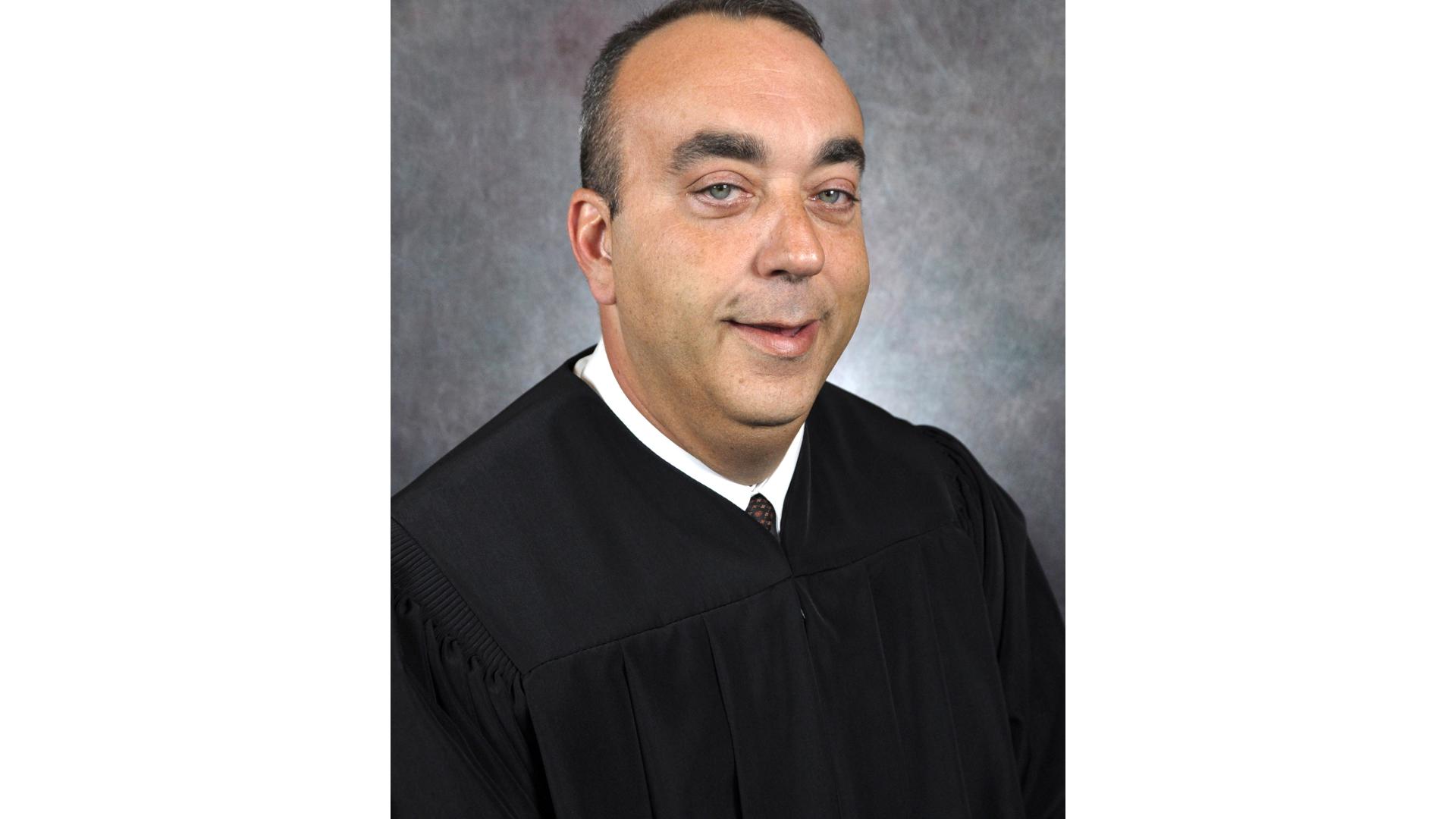UPDATE 8/6/2018: The Tennessee Supreme Court denied this motion on Monday.
Original story
Five victims of the deadly 2012 fungal meningitis outbreak are petitioning to intervene before the Tennessee Supreme Court in a case seeking to block the scheduled execution of convicted killer Billy Ray Irick.
Irick is scheduled to be executed Thursday. He was convicted in the rape and murder of a seven-year-old girl.
In a motion filed Friday by Nashville attorney J Gerard Stranch, the five victims warned that purchasing execution drugs from an unknown unlicensed compounding pharmacy could put the general public at risk.
Noting that it was a compounding pharmacy that produced the drugs that caused the deadly 2012 fungal meningitis, the filing warns that "Innocent lives are put at risk when compounding pharmacies are permitted to make execution drugs without oversight or scrutiny."
Charging that the unnamed compounder Tennessee has lined up to produce execution drugs "has a history of disciplinary infractions in his home state."
The five seeking to intervene are Rosanna Bennington of Minnesota, Francis Farmer Hayes, Nancy Riley-Dargan, Leah Hyman and Vicki Scott. Though none are from Tennessee, the brief notes that Tennessee was particularly hard hit in the outbreak with 16 patients dying.
The brief states that the proposed intervenors take no position on capital punishment, but do not want to see the mistakes of 2012 repeated.
"Compounding pharmacies have repeatedly been found to produce medicines of questionable quality," the filing continues, adding that the unlicensed supplier does not have a license to supply drugs over state lines and the pharmacist does not have approval to compound drugs for use in Tennessee.
The five charge that allowing the state to use the compounded drugs will effectively circumvent reforms implemented at the state and federal level as a result of the outbreak.
State officials have stated that the compounder providing the execution drugs has applied for a Tennessee license.
The case before the state Supreme Court seeks to reverse a decision by Davidson Chancery Court Judge Ellen Hobbs-Lyle who ruled the state could proceed with executions utilizing a three drug cocktail including midalozam and potassium chloride.
The five victims of the 2012 outbreak cited the numerous deaths, 76, and more than 750 patients who were sickened after fungus tainted steroids were injected into their bodies.
The tainted spinal steroids were shipped from the now defunct New England Compounding Center. Two NECC officials, president and co-owner Barry Cadden and supervising pharmacist Glenn Chin, are now serving multi-year sentences for their roles in the outbreak.



